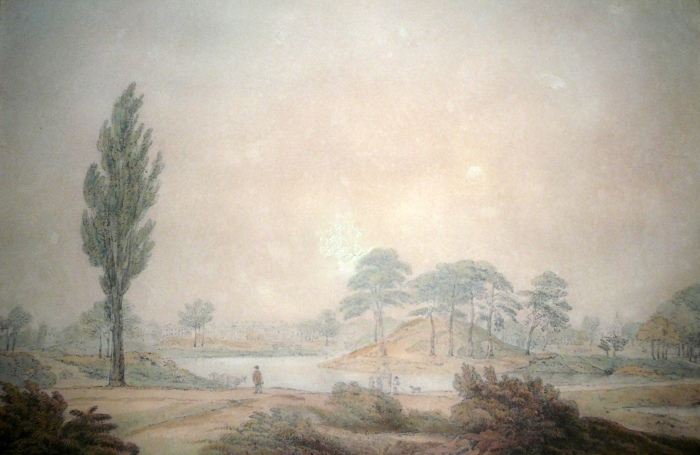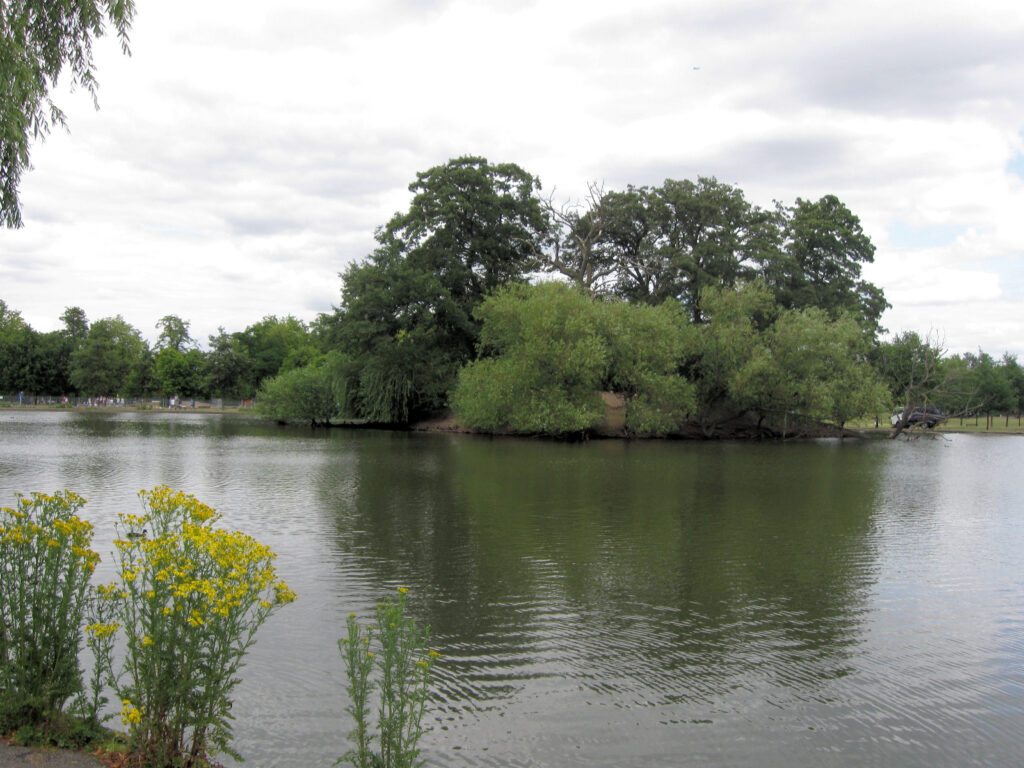2 years ago
Strolling through Clapham Common, you might find yourself by its calm ponds. These waters hold more than reflections of clouds and trees.

They echo Benjamin Franklin’s revolutionary experiments. Franklin, a revered American Founding Father, was also a keen scientist. His experiment here subtly shaped the future of surface chemistry.
While living in Clapham at The Grange with his friend Christopher Baldwin, Franklin explored the natural sciences. He was intrigued during his sea voyages by a curious effect: when crew members threw greasy slops overboard, the rough ocean waves around the ship calmed. Determined to investigate further, he saw an opportunity in Clapham Common’s large pond.
One windy day, armed with just a cruet of oil, Franklin tested his hypothesis. He wrote, “I fetched out a Cruet of Oil, and dropped a little of it on the Water… The Oil, though not more than a Tea Spoonful, produced an instant Calm over a Space several yards square, which spread amazingly.”

The exact location of Franklin’s experiments might remain unclear, though many believe it was Mount Pond. Regardless, his findings were groundbreaking. His work documented the calming effect of oil on water, leading to advancements in molecular chemistry and influencing the modern concept of cell membranes.
Franklin’s approach combined observation with hands-on experimentation. In Clapham, away from London’s intellectual debates, he found the perfect setting to merge theory with practice. Next time you’re at Clapham Common, pause by the ponds. Imagine Franklin there, dropping oil into the water. In that simple act, he planted seeds of scientific ideas that would ripple into the future.

So, take a moment at these ponds. Reflect on how Franklin’s small experiment led to big insights. Here, surrounded by nature, we connect with history and appreciate the power of curiosity. Franklin’s legacy in Clapham reminds us that great discoveries often start with simple questions.